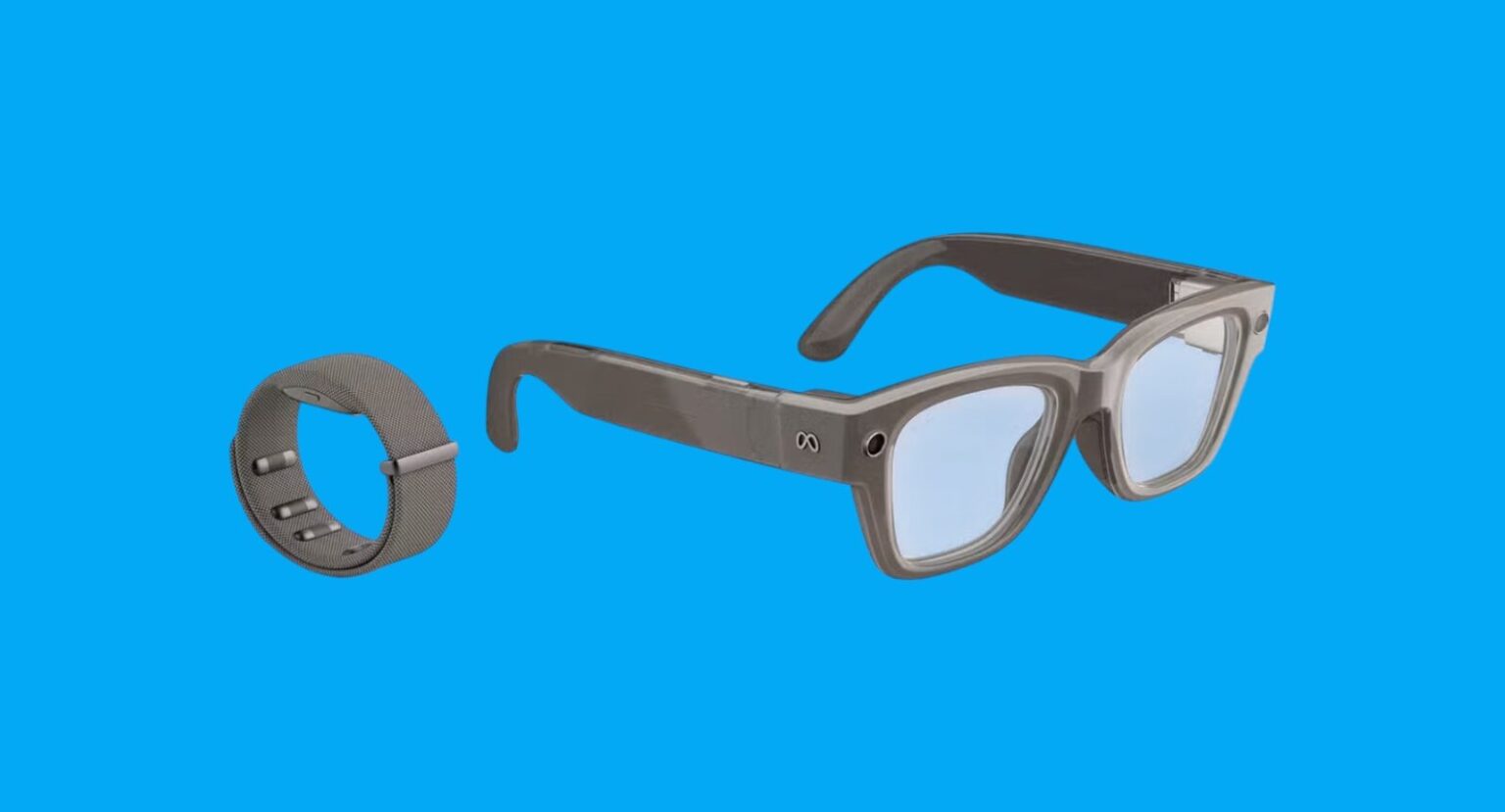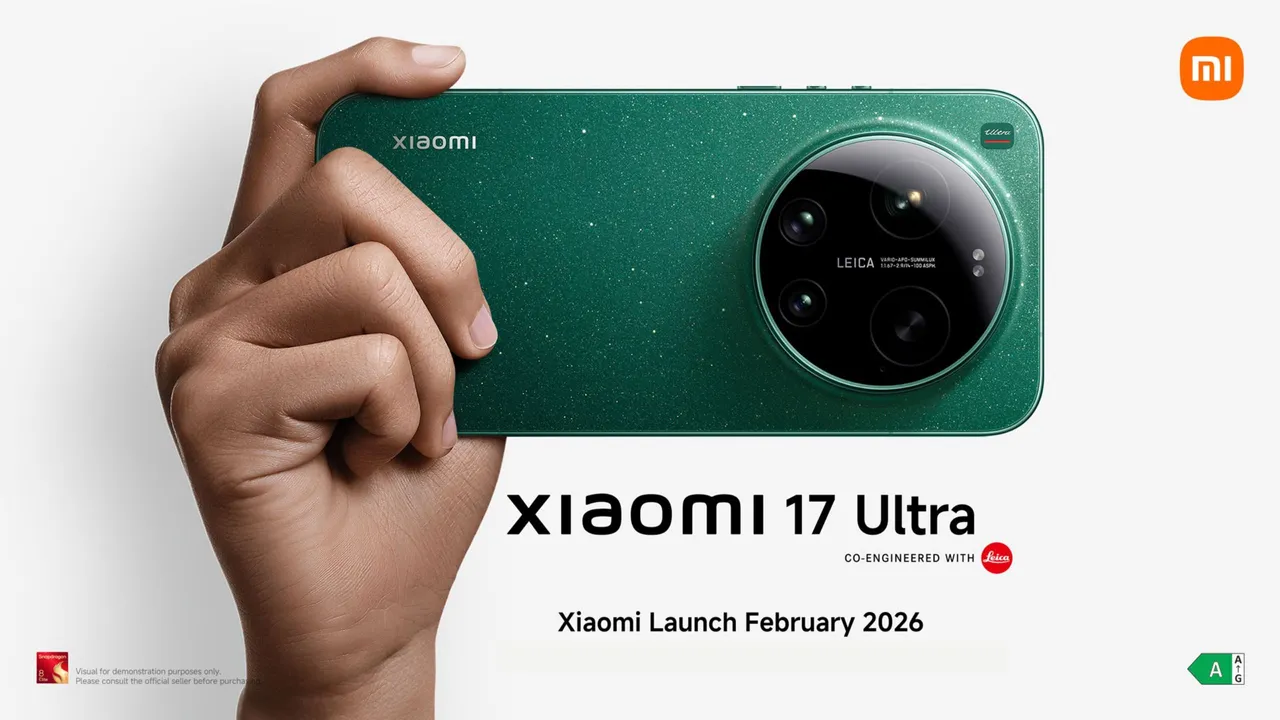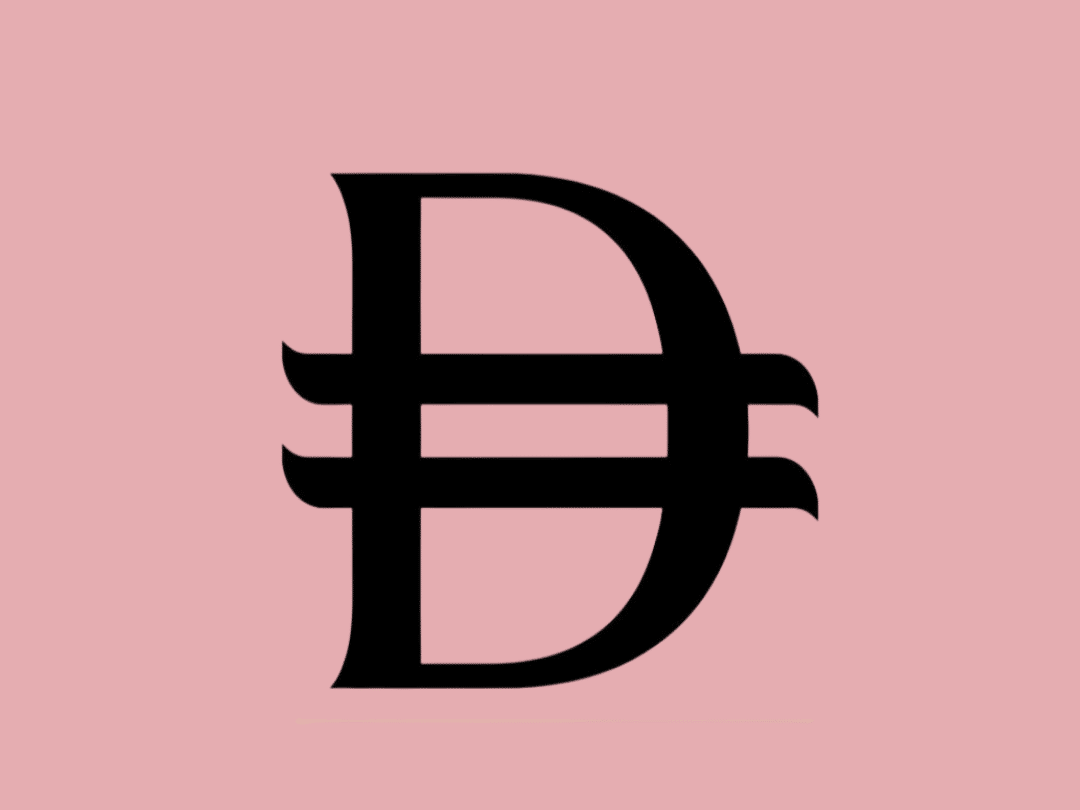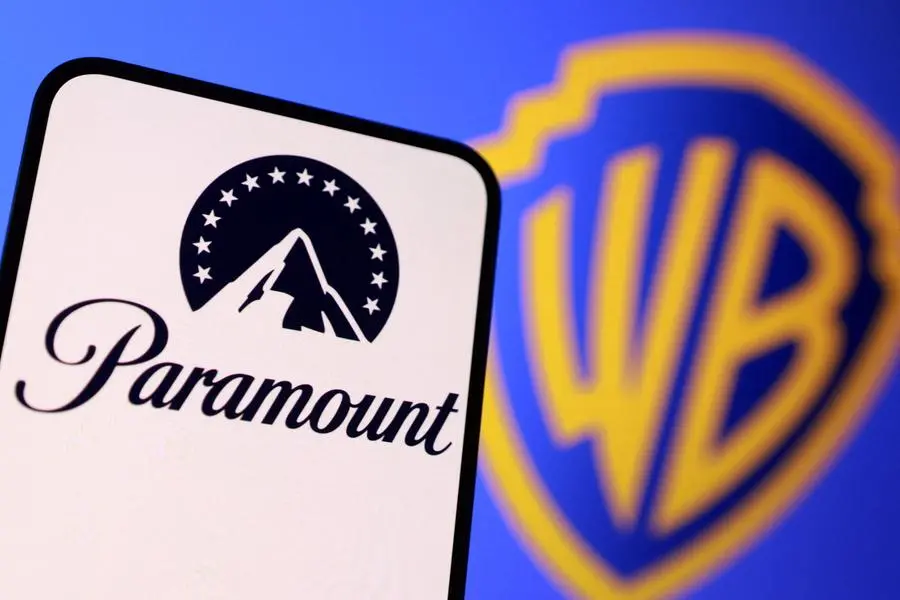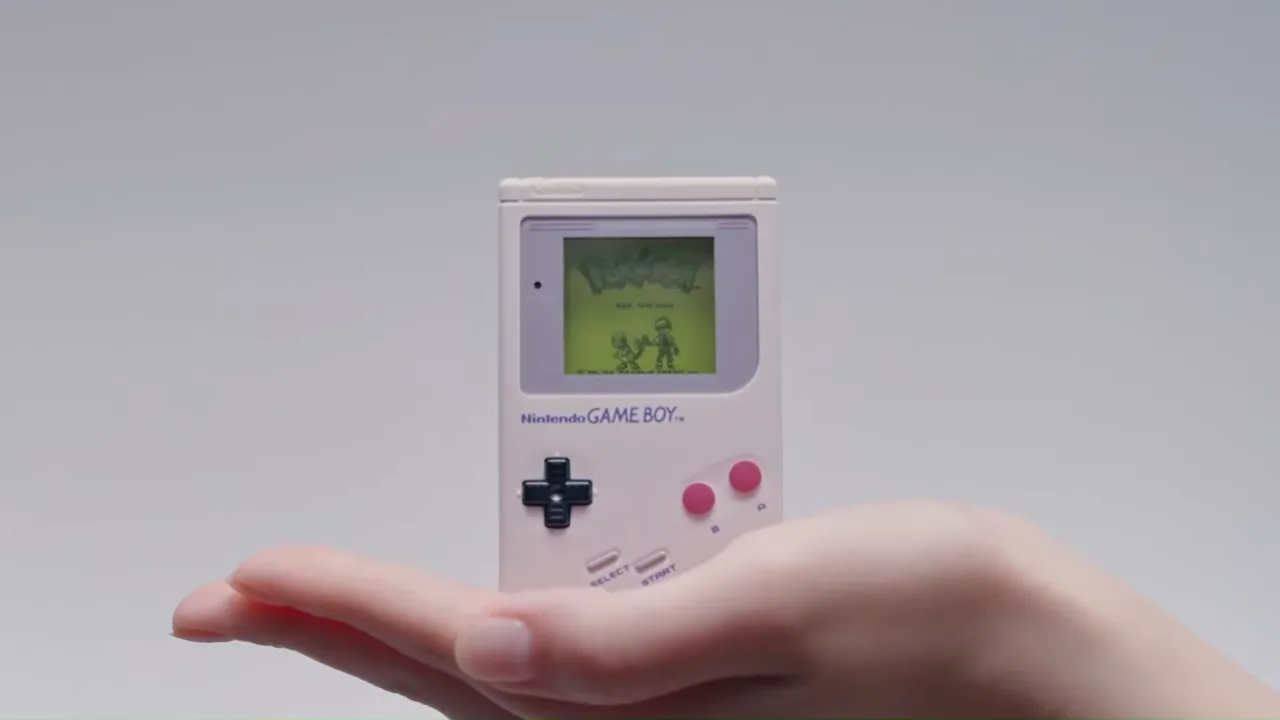Mark Zuckerberg’s latest attempt to push wearable tech into the mainstream had a rocky start this week. At Meta’s Connect 2025 keynote, the company introduced what it billed as its first “AI glasses with high resolution,” the Meta Ray-Ban Display, priced at $799 and set to release on September 30. But the unveiling was overshadowed by a string of technical hiccups and confusing product positioning that left more questions than answers.
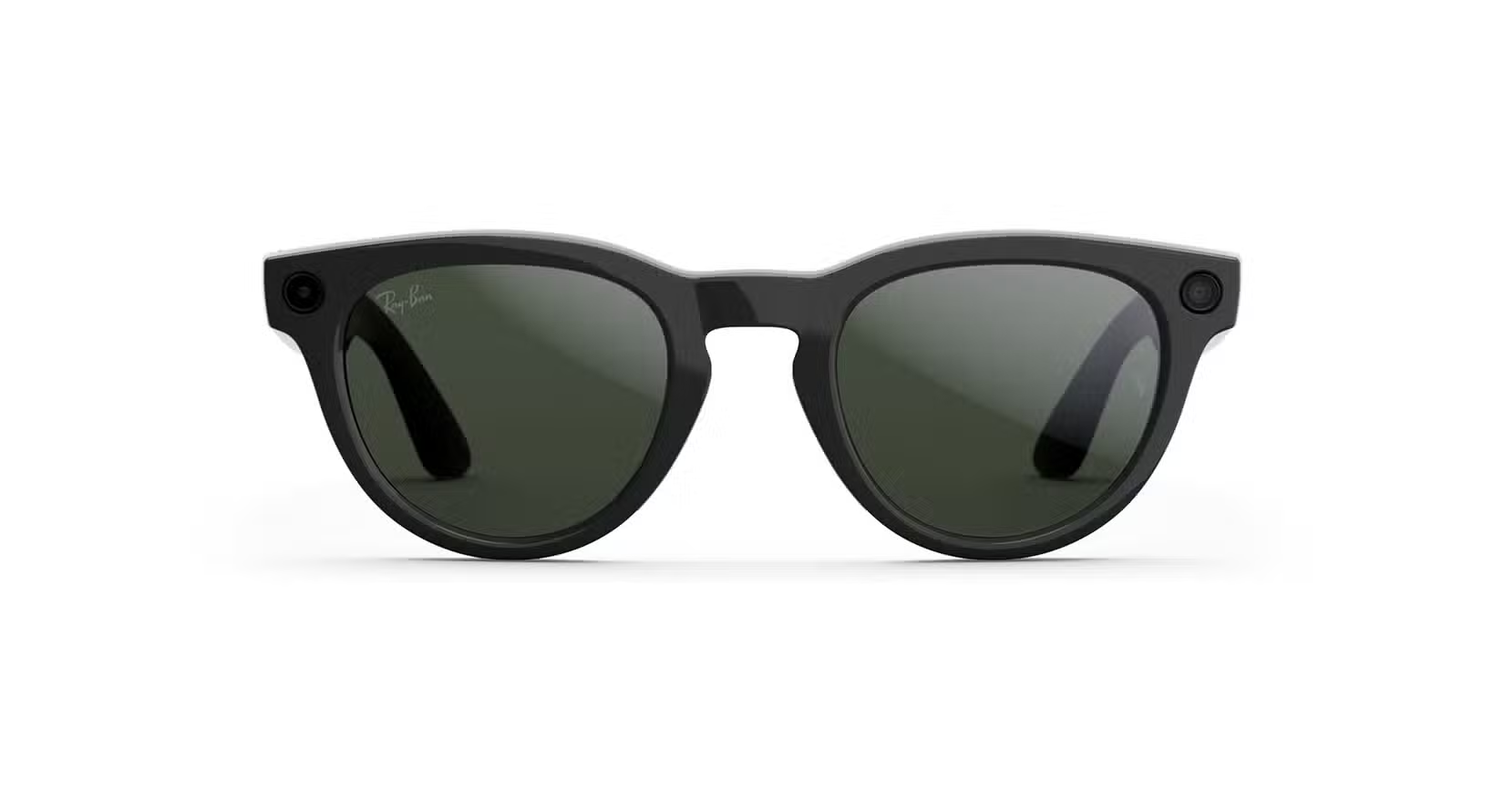
The keynote, unusually scheduled for the evening at Meta’s California headquarters, was rumored to showcase the long-anticipated “Hypernova” project, a supposed leap forward in augmented reality. Instead, attendees saw incremental updates to Meta’s existing Ray-Ban line, a new Oakley-branded sports model called the Meta Vanguard, and the Display model itself, which maintains the Ray-Ban branding despite being presented as a flagship.
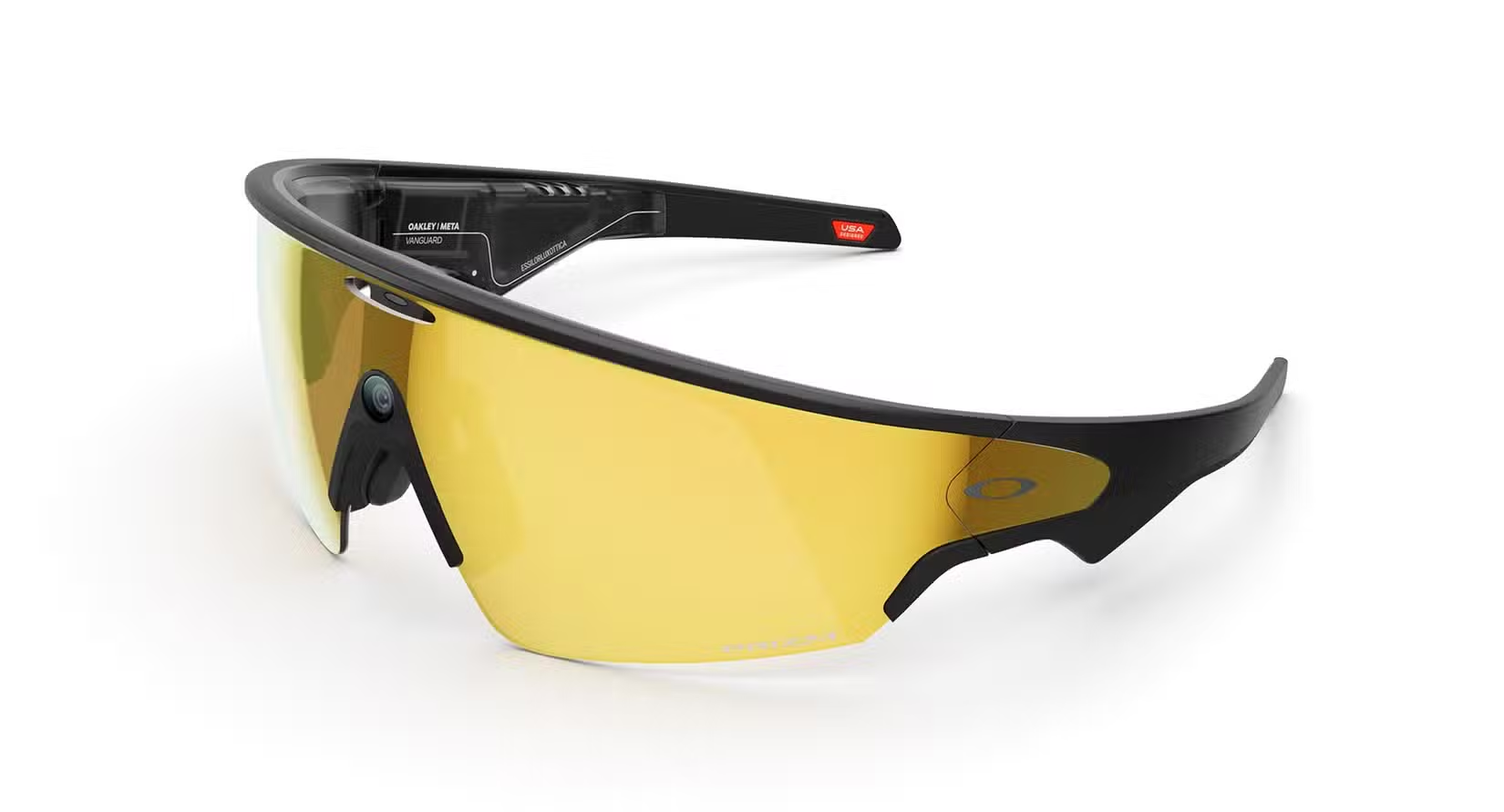
Zuckerberg described the device as a milestone, highlighting its bright 5,000-nit display, but his live demos struggled to support the pitch. A companion product, the Meta Neural Band — a fabric wristband designed to detect subtle hand movements for text input — initially impressed when Zuckerberg demonstrated sending emoji replies and adjusting volume controls. However, the setup faltered when Meta CTO Andrew Bosworth repeatedly attempted to video call Zuckerberg through WhatsApp, only for the Neural Band interface to fail to answer. Bosworth eventually walked on stage in person to continue the presentation.
Another live demonstration, showcasing the “LiveAI” assistant within the more affordable $379 Ray-Ban Metas, went off script as the glasses failed to provide basic cooking instructions despite repeated prompts. Zuckerberg later attributed the problems to WiFi issues, though he offered no clarification for the earlier failed call. The keynote ended with a pre-recorded video showing the glasses being used to design a surfboard and order parts — a carefully controlled sequence that contrasted sharply with the messy live moments.
LiveAI demo fails on the first prompt at Meta Connect 2025. #Meta #AI #LiveAI
— Shacknews (@shacknews.com) September 18, 2025 at 4:34 AM
[image or embed]
Meta’s smart glasses push has long been framed as a stepping stone toward more immersive AR and AI-driven experiences. But Wednesday’s event underscored the challenges of balancing ambitious promises with real-world performance. At a time when consumer patience for half-baked wearables is thin, the Ray-Ban Display may face an uphill climb to justify its premium price.


